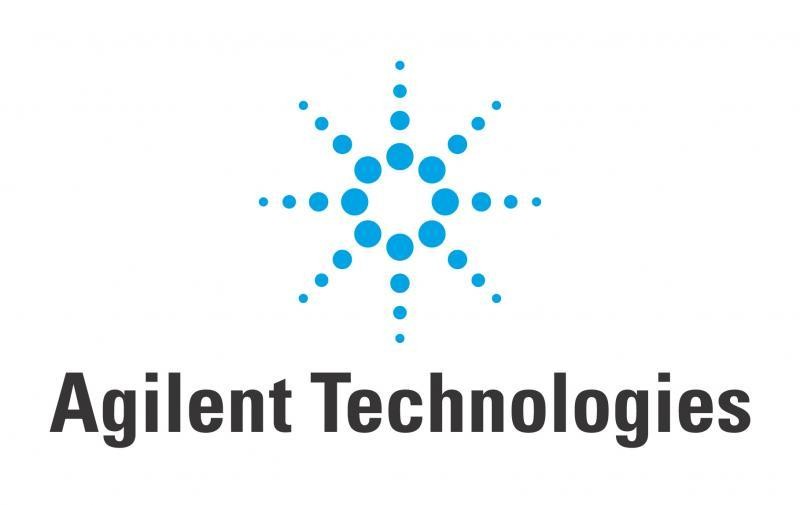



Agilent Technologies reported after the close of the market on Wednesday that its third quarter revenues rose 6 percent year over year, thanks largely to an 11 percent increase in revenues for its diagnostics and genomics business.
For the three months ended July 31, the firm said revenues rose to $1.27 billion from $1.20 billion in Q3 2018, beating the average Wall Street estimate of $1.24 billion. The company said core revenues also grew 6 percent in Q3.
Revenues for the diagnostics and genomics group (DGG) rose to $263.0 million from $237.0 million in the year-ago quarter, thanks to strength in the company's nucleic acid solutions division (NASD) and in the diagnostics and clinical markets.
The life sciences and applied markets group (LSAG) saw 1 percent revenue growth in Q3 to $544.0 million from $540.0 million. Demand in the pharma, environmental, and forensics markets was strong, but was offset by expected weakness in the food market.
The Agilent crosslab group (ACG) grew revenues 10 percent year over year to $467.0 million from $426.0 million with broad-based growth across all regions and markets.
"The Agilent team delivered very strong results in the third quarter, exceeding both our top and bottom-line expectations," Agilent President and CEO Mike McMullen said in a statement. "Building on this performance, we are increasing our guidance for the full year. In the quarter, we also announced the pending acquisition of BioTek, continuing our investments in high-growth markets. BioTek will significantly expand our presence in the fast-growing field of cell analysis."
In July, Agilent said that it had agreed to acquire privately held BioTek Instruments for $1.17 billion in cash.
On a call with analysts following the release of the earnings, McMullen said that the company's overall growth was driven by strength in the global pharma market in both small molecule and biopharma, and by geographic strength in the US across most end-market segments. The firm's growth in China was generally in line with its expectations.
McMullen also said that growth in Agilent's NASD business is being driven by increasing demand from customer clinical trials. In June, Agilent opened its second production facility in Frederick, Colorado, and purchased a previously leased site nearby in Boulder.
"These two facilities enable Agilent to meet the growing demand for development of RNA-based therapeutics, and continue to be a partner of choice to both pharmaceutical and biotech companies," McMullen added.